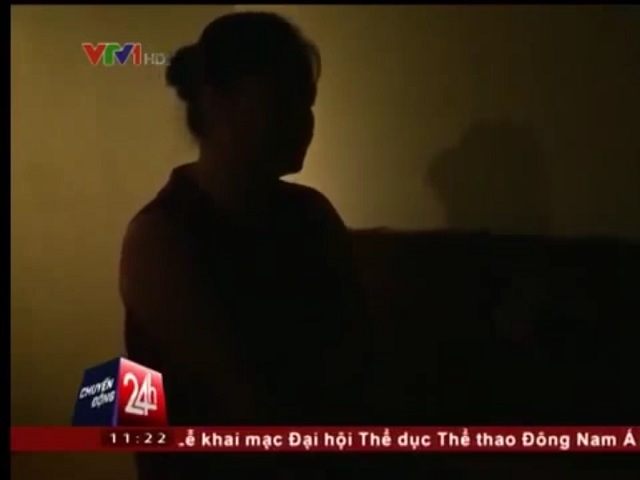Officials in Vietnam have warned that gender-based sex-selection abortion is reaching alarming levels. Their caution is illustrated by the story of a woman in the northern province of Hai Duong who had 18 abortions in an unsuccessful bid to give her husband the son he wants.
In a television interview the woman, her identity protected, said that her life has been hard due to both poverty and the pressure to birth to a boy. Having had four daughters her husband was disappointed and she became suicidally depressed. It was then that she resorted to aborting all pregnancies unless it was a confirmed male heir.
Thanh Nien News reports that the husband in question is the eldest son a rural Vietnamese family, many of which still adopt the traditional approach that only sons can inherit and protect a family’s assets.
The extremity of the example is rare but sex-selective abortion, a long-recognised phenomenon in both India and China, is increasingly common in Vietnam due to improved access to clinics that can determine foetal sex in earlier stages of pregnancy. Dalje.com reports that the national gender ratio at birth reported last September was 120 males per 100 females, up from a 111:100 ratio in 2011 (closer to the accepted international average of 104:100), but even that figure hides the scale of the practice in certain communities. In areas of northern Vietnam the ratio reaches nearly 150:100, the long-term societal impact of which is thought to be extreme.
Vice Minister of Health, Nguyen Viet Tien, said the the government is trying to reduce gender-based abortion by banning clinicians from telling parents the gender of their unborn children. He has conceded, however, that rarely works in practice, as staff have been known to use the euphemism “bird” for boy and “butterfly” for girl instead. Tien said that ultimately the solution is to change people’s mindset.
The issue is not limited to Vietnam, China and India. According to Stop Gendercide studies in the UK carried out by Oxford University and Imperial College academics found evidence of gender ratio skewing potentially attributable to gender-based abortion. The campaign group also cites an increasing body of first-hand testimony from UK resident women who say they had sex-selection abortions in the UK and abroad. A private prosecution against two doctors filmed by The Telegraph apparently agreeing to arrange gender-based abortions was blocked earlier this year by the Crown Prosecution Service who concluded it would not be in the “public interest” to pursue the cases.
The government says sex-selective abortions are illegal in Britain as gender is not specified as a legal ground under the 1967 Abortion Act, but others including the UK’s biggest abortion provider, the British Pregnancy Advisory Service, argue that the law is “silent” on the issue and it is therefore not illegal. Despite this a legislative attempt by Conservative MP Fiona Bruce to make sex-selective abortions of baby girls an explicitly criminal offence was defeated by 291 votes to 201 in the House of Commons in February.

COMMENTS
Please let us know if you're having issues with commenting.